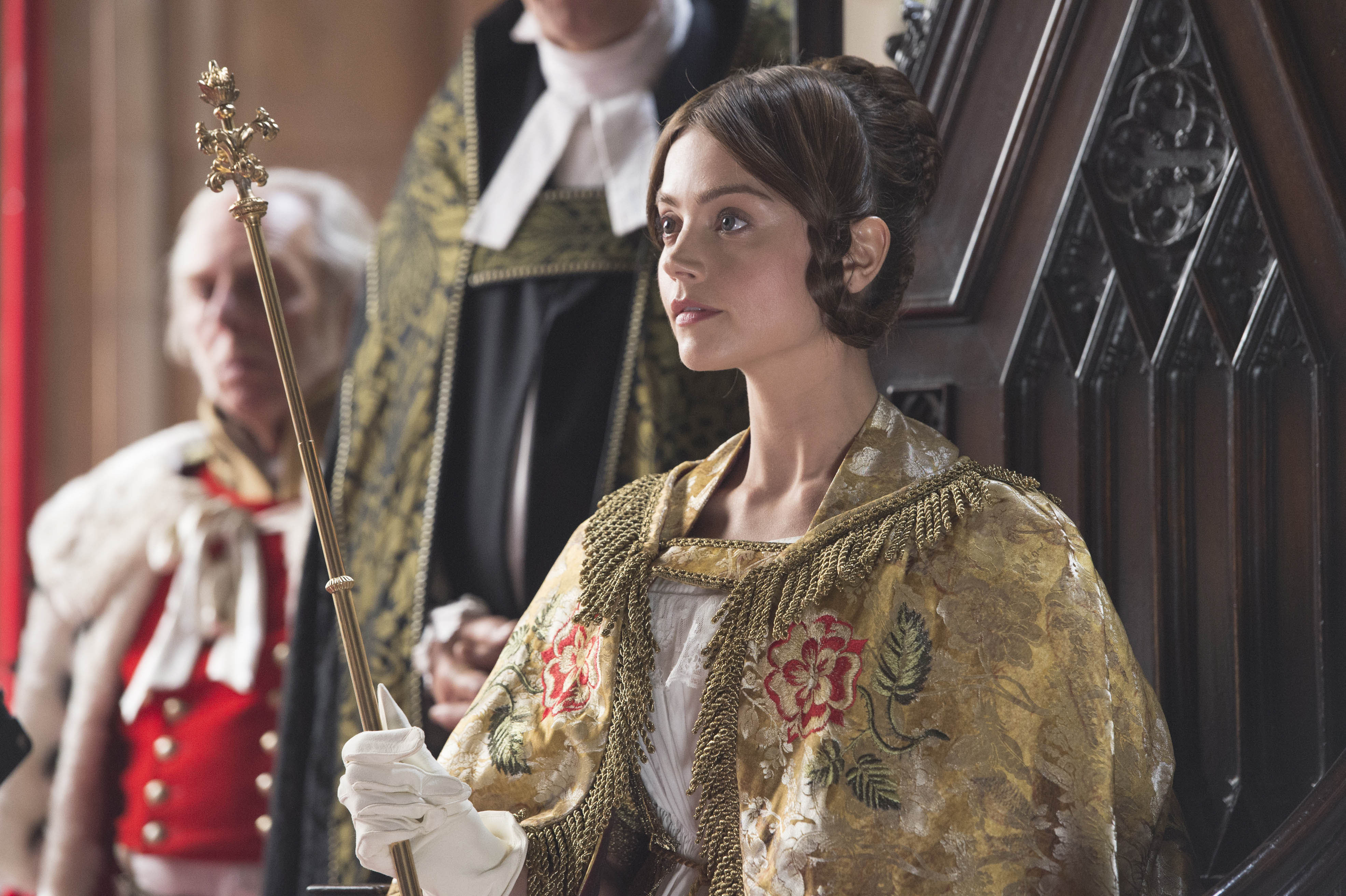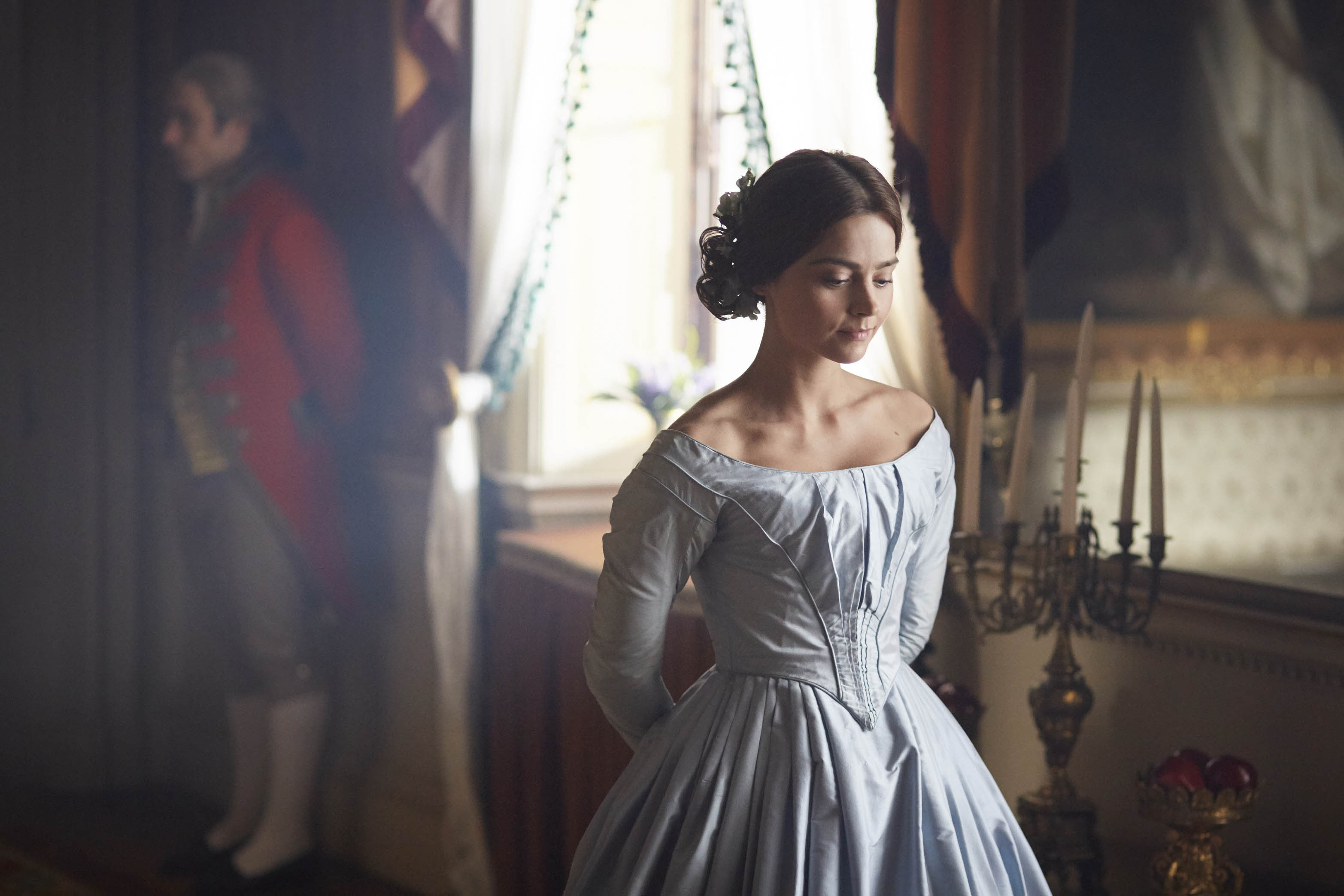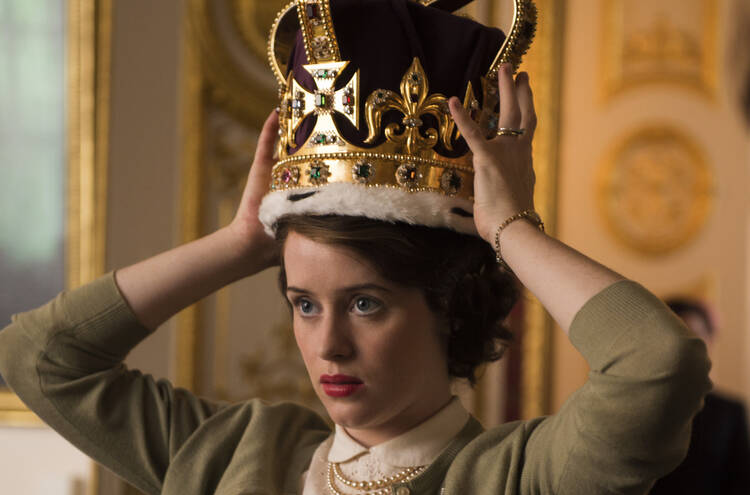The rich are different from you and me.
An apocryphal story credits F. Scott Fitzgerald with these words. Who actually said or wrote them hardly matters—the 99 percent of us who are not rich recognize the sentiment to be true. Waking up in a luxury apartment on the top of Trump Tower each day is surely a different experience from waking up in a five-story walkup in the Bronx. The environment we live in shapes us and makes us who we are.
If the rich are different from you and me, how much more different, then, are royalty? In fact, we have even less in common with kings and queens than we do with the rich. Most of us possess at least some measure of wealth—clothing, shelter, food to sustain us and perhaps resources enough to enjoy some of the small luxuries of life. We are different from the rich not in kind but in degree. When it comes to royalty, however, the lives they lead would seem as strange to us as if they were creatures of another species.
The queen of a country or tribe—or hive, for that matter—is singular. There is only one, and no other can play her role. She inherits that role by birth and is molded to it from a very tender age. She is, by definition, different from everyone else. This is all to the good, for the safety and well-being of the nation depends upon her being different and staying different—better than we are, stronger than we are, and bigger than we are in the sense that she sacrifices her privacy and free will in order to serve the common good.
Given this age-old model of the good queen, it is strange to see the recent efforts of writers of two television series, The Crown and Victoria, and of a recent play, texts&beheadings/Elizabeth R, to convince viewers of what we know to be untrue: that Queen Elizabeth II, Queen Victoria and Queen Elizabeth I were like us in various ways—ordinary women, albeit ones who are living in extraordinary circumstances. In each of these dramas, the queen in question possesses qualities and exhibits tendencies that are similar to those evident in the lives of many 21st-century women.
Both Elizabeth II and Victoria were devoted to their fathers and detached from their mothers, insecure in their marriages, given to boredom and pulled apart by their duty to their families and duty to their jobs. Victoria was pretty and shallow, as uninterested in art, music and culture as the average 16-year-old American girl is today. Elizabeth II, a century later, was a nerdy child whose desire to learn was frustrated by the limited education given to little girls (especially royal ones). To the contrary, Elizabeth I seems to represent that rarity (in her own time, at least), a classically educated woman. A brilliant scholar, poet and political strategist, constantly assailed and underestimated by men, she kept her job, her independence and her head by outwitting them and refusing to marry any of them.
In all three of these characterizations, we see the not-so-veiled ways in which these queens are our elder sisters, and, frankly, we are pleased. All three dramas convince us, with varying degrees of success, of this unlikely premise, in part because we want it to be true.
To paraphrase a line from King Lear, they are not themselves. They are what the kingdom needs them to be.
This premise, of course, is not a new one. Four hundred years ago, Shakespeare wrote dozens of plays dramatizing the humanity of royalty. Writing in an era in which people believed in the divine right of kings, Shakespeare’s plays reveal the unsavory fact that this does not make them perfect. Far from it. Shakespeare’s royals are sinners in the very same ways the rest of us are, only their sins have greater consequence. Hamlet’s uncle, King Claudius, is a murderer; his mother, Queen Gertrude, is likely an adulteress; and Hamlet himself is a depressive adolescent with an Oedipal complex and a serial abuser of his girlfriend. King Lear is a greedy, controlling father and his rogue-queen daughters, cut from the same cloth, happily take the old man’s wealth when he retires from public life and push him out of the way. These are (unfortunately) familiar family dynamics being played out on the stage. What is unfamiliar to us is that their family dysfunction affects an entire kingdom. If something is rotten in the royal household, before long the whole kingdom begins to stink.
This holds true in these recent renderings of royal life as well—which is why Elizabeth I, Elizabeth II and Victoria must set aside their own personal desires and predilections for the good of kingdom and crown. What we find fascinating in our time is that people were, and still are, willing to do this, even in an era wherein self-fulfillment and personal choice are the summum bonum in life. This is the source of drama in these renderings of queenly life—the conflict between the private self and the public selves these women must cultivate and somehow stay true to. To paraphrase a line from King Lear, they are not themselves. They are what the kingdom needs them to be.
'The Crown'
A single image: a young African man falls to his knees and kisses the creamy white shoe of the newly anointed Queen Elizabeth II as she stands on the steps of a house in Africa. She has been travelling through the British Empire, visiting the subjects of the Commonwealth, and her father, the king, has unexpectedly died in her absence. The whole village and her entourage stand at attention as the young African bows in subjection, paying fealty, not to the woman, but to the crown—the crown that, by the way, has oppressed, exploited and killed generations of his people.

It is an awkward moment, to put it mildly, for all of us. The novice queen seems flustered, perhaps embarrassed by this public display of adulation. But she does not withdraw herself from this demonstration. This is the duty of royalty. We, however, members of an audience that has experienced the civil rights movement and Black Lives Matter, cannot help but cringe. Our inevitable, collective sense of the painful irony of this scene seems not to be at issue. This is not what the show is about—the gulf between the perceived value of the crown and the irrational devotion to it by those harmed by it and the destruction it has wrought upon cultures, peoples and traditions. No, the show is about the brave persistence of a class of human beings that has outlived its purpose, that once represented God-given authority and certainty in a chaotic world but now is a superfluity in a nation governed by politicians, and it is about our nostalgia for the way things used to be.
What troubles me about “The Crown” is that it gets us and that it does not get us. We want to be sympathetic with Elizabeth—just as we want to be sympathetic with Hamlet and Lear—but we don’t want to be stupid. Let me put it more gently. Much as we honor history and value tradition, we also criticize those august abstractions; we understand them to be failed and fraught, to be words that justify unspeakable injustice and cruelty, and we want to see drama that acknowledges this ambivalence. I can say with some confidence that this scene acknowledges the attraction to the way we were, but I don’t believe it acknowledges the repulsion. I almost stopped watching the series after this moment. Granted, an entire show cannot be contained in one scene, but in well-made art each scene matters. And this one mattered to me.
'Victoria'
While “The Crown”offers an image of Elizabeth II as a dowdy and dutiful, if reluctant, queen, “Victoria”paints a far more romantic portrait of the monarch. Victoria is young, rebellious, defiant of tradition, and though she often does what is expected of her, she does it on her own terms. She proposes marriage to the man who will become Prince Albert, much to the delight of his family and the disappointment of hers, for the most unroyal of reasons—she has fallen in love with him. Their love scenes are appropriately muted, given the sensibilities of the PBS viewing audience, but Victoria’s fondness for sex, and Albert’s willingness to provide it, are more than adequately implied. In addition to being a sensitive musician and a passionate lover of science, Albert is deadly handsome (or, rather, the actor who portrays him is), and we become complicit in Victoria’s crush.

When she becomes pregnant, Victoria responds with understandable reluctance—she fears losing her figure, compromising her relationship with her husband and, perhaps, dying in childbirth. Albert, however, assures her that she will survive, for she is strong, and her strength is what he loves about her. Refusing to be confined by her condition, Victoria goes out to visit peers of the realm in an effort to lobby for Albert, for she has named him regent in the potential circumstance of her death (an unpopular decision with Parliament). In one especially sweet scene, we watch Victoria fall in love with the locomotive—a form of modern technology that Albert has a passion for that, until this moment, Victoria has not understood. Victoria inevitably loves what Albert loves, suggesting that the queen and prince consort are not only spouses but also friends, thus anticipating the most modern of relationships.
As a longtime student of English literature of the 19th century, to say that I find many of the scenes in “Victoria”unlikely is an understatement. But in fact, the writers seem to be aware of this. In one of the episodes of the series, they deliberately defy viewers’ suspension of disbelief with dialogue that incorporates contemporary slang into the stuffy British-speak that Masterpiece Theatre aficionados are accustomed to. At one point, one of the lords of the realm invokes the phrase “Just sayin’,” and, moments later, Prince Albert in conversation with another lord responds to a statement with surprise, uttering “Snap!” This is simultaneously ridiculous and delicious. The writers tip their hand at last. Attentive viewers have suspected what they are up to, but now we know. The character of Victoria is not Victoria any more than Albert is Albert. Victoria is us.
'texts&beheadings/ElizabethR'
By far the most complicated in this trilogy of queens is the character of Elizabeth I as portrayed in Karin Coonrod’s extraordinary play, “texts&beheadings/ElizabethR.”This complexity stems, in part, from the fact that there are four queens on the stage simultaneously from beginning to end, each representing an aspect of Elizabeth’s character. The show, produced by the New York-based Compagnia de’ Colombari theater collective and recently performed in New York City, is a fascinating meditation on the enigma of Elizabeth, a woman who wielded unprecedented power in a world ruled by men. Unlike the television series, Coonrod’s play is not representational drama. Instead, it presents an hour-long series of interlocking monologues consisting mostly of Elizabeth’s own words—her letters, poems, prayers and other documents—that cumulatively reveal the brilliant, cagey, independent, passionate person she likely was.
The show is divided into four movements, each of which showcases a different actress and a different side of Elizabeth. At the heart of each movement is a “game,” each of which enacts the trials Elizabeth had to undergo, including a parade of would-be husbands (all of whom she rejects on the grounds that her marriage is with her kingdom), a recitation of insults hurled by her contemporaries (one of which insists there must be “100,000 devils in her body” for her to act so contrary to women’s nature), and culminating in a catalogue of the ceremonial clothing Elizabeth must wear, a heavy but necessary burden that transforms her from an ordinary, vulnerable woman into “Gloriana,” the carefully fashioned idol all men must bend their knees to and obey.
Coonrod’s Elizabeth is, by turns, witty, charming and scary—like us in her confidence, her conviction of her own cause and her feminist urgings, yet unlike us in the obstacles she faces. The clang of prison doors and the thud of the chopping block sound periodically in the background, reminding us of the perilous nature of Elizabeth’s circumstances. The stakes for her are very high. And yet, perhaps there is a parallel here between ourselves and this formidable creature: the loss of one’s job or career looms as a reality for contemporary women who must choose between family and vocation (as Elizabeth did), who labor not to fall on the wrong side of their male superiors, who are often subject to prejudicial treatment and sexual harassment in educational institutions and in the workplace. Perhaps this is, at last, ground that queens and commoners share because they are female. If this is the case, the conclusion of the play is cause for celebration.
If Elizabeth’s life can be seen as an elaborate game, she won, famously so. Her victory is in some sense our victory. In the space of an hour, Coonrod’s play is able to accomplish most successfully what “The Crown”and “Victoria”strive hard to do, with their multiple episodes and multimillion dollar budgets—convince us that, perhaps, the royals aren’t so different from you and me.











English queens have been a subject for discussions for a long time. A lot of academic works had been written on this topic. I know an essay writer who can write an amazing paper on this topic for you. Don't hesitate to ask.
English queens has been existing in our fairy tail. This topic is the royal sujet to our daily talking. Don't you think so ? Persun
I am not entirely sure whether the Queen and the royal family are in the spotlight in America more as celebrities rather than rulers, I believe they all fascinate me simply because they are royal. Ubuntu Transact